It’s volunteers week, a time to celebrate and learn about the fantastic work that volunteers do! This post by Essi describes the work she’s been doing on the Speaking Out project as part of her student placement
During my placement here at Glasgow Women’s Library my main task has been going through Scottish Women’s Aid’s archives (including newspaper cuttings and newsletters) and finding references to literature that women involved in SWA might have been reading. Here is a selection of some of the books that were referred to – all of them can also be found at GWL!
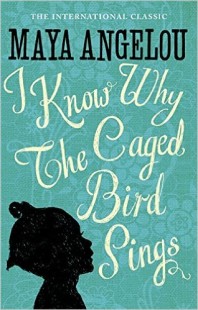
Maya Angelou: I Know Why The Caged Bird Sings
I Know Why The Caged Bird Sings is the first volume of Maya Angelou’s autobiography (there are four other volumes as well!). She writes about her childhood in the American South in the 1930s. Maya and her brother live with their grandmother, but when Maya visits her mother Maya is raped by her mother’s lover. However, Maya’s ‘extraordinary sense of wholeness’ emerges when she discovers dance and drama and gives birth to her son.
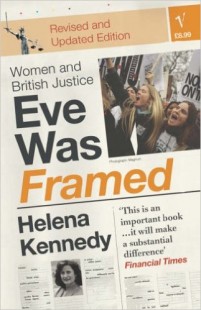
Helena Kennedy: Eve was framed – Women and British justice
In Eve was framed, Helena Kennedy looks at the unjust treatment of women in British courts and suggests new ways of thinking for the future of British justice. The book introduces women who are lawyers, victims, defendants or killers. Kennedy writes: “At every point of my Catholic girlhood the Virgin Mary was presented to us as our role model. Men were simply victims of their own appetites, hardly capable of free will when it came to sex or violence, and it was up to us to act as the restraining influence. After all, woman was responsible for the original sin. It was only later that I came to the conclusion that Eve had been framed.”
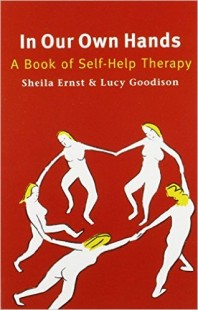
Sheila Ernst and Lucy Goodison: In Our Own Hands – A Book of Self-Help Therapy
Ernst and Goodison’s book is ‘for those who want to learn to do self-help therapy for themselves, whether in a group, with a friend or alone’. In Our Own Hands is a feminist self-help book which starts with the recognition that different issues come up in therapy for women and for men. The book describes different kinds of therapy from bodywork to psychoanalytically-based therapies (also its cover illustration is pretty cool in my opinion!)
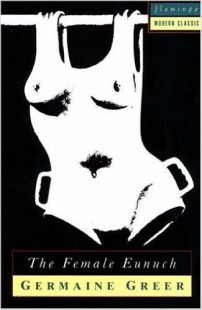
Germaine Greer: The Female Eunuch
The Female Eunuch is a part of the second feminist wave. The book discusses body, soul, love, hate, revolution, bones, curves, hair, sex, work, energy, romance, family, resentment and rebellion. According to Greer herself, the book ‘represents only another contribution to a continuing dialogue between the wondering woman and the world.’ New York Times however described it as ‘the best feminist book so far’ (so far being 1971).
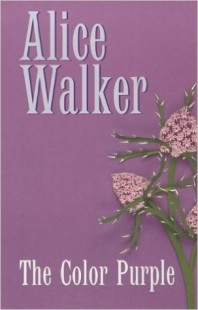
Alice Walker: The Color Purple
The Color Purple is a classic that was also referred to in the SWA archives. Even those who have not read the book (and that includes me, I have to admit!) have probably at least heard of the film that is based on the book. The book consists of letters Celie, a fictional character, writes to her sister Nettie and to God, as well as letters Celie receives from her sister. Sexism, racism, rape, violence and gender are some of the themes of the book.
It has been interesting to explore what kind of books might have inspired the work of women involved in Scottish Women’s Aid. Altogether I managed to compile a list of nearly 60 books – but I think the five books introduced here tell something about the diversity of the books. Different kinds of books can inspire different women. While some might find inspiration in reading Simone de Beauvoir’s biography, some might prefer reading Andrea Dworkin. Personally, I was actually very inspired by women’s poems that were published in SWA’s newsletters.
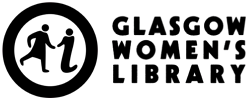
One reply on “Literature connected to the Women’s Aid movement”
Yes, certainly all on my list – now interested in the 60! Reckon Ann Dixon will be there. It was so good to read books that reflected our own journeys, be shared with Women who’d maybe not picked up a book for a long time but who found it spoke to them.